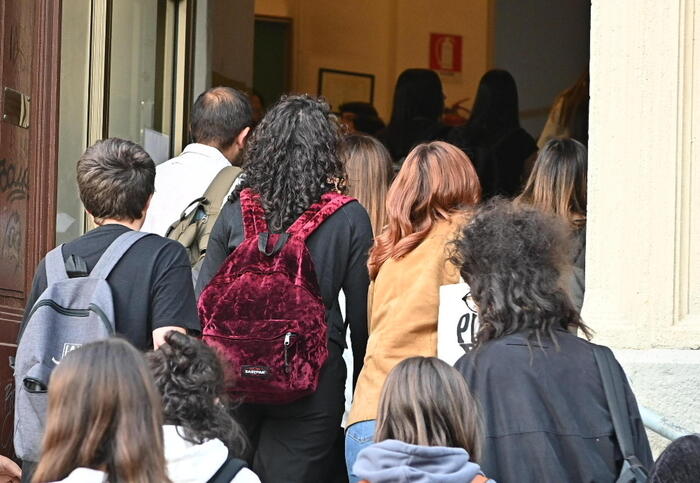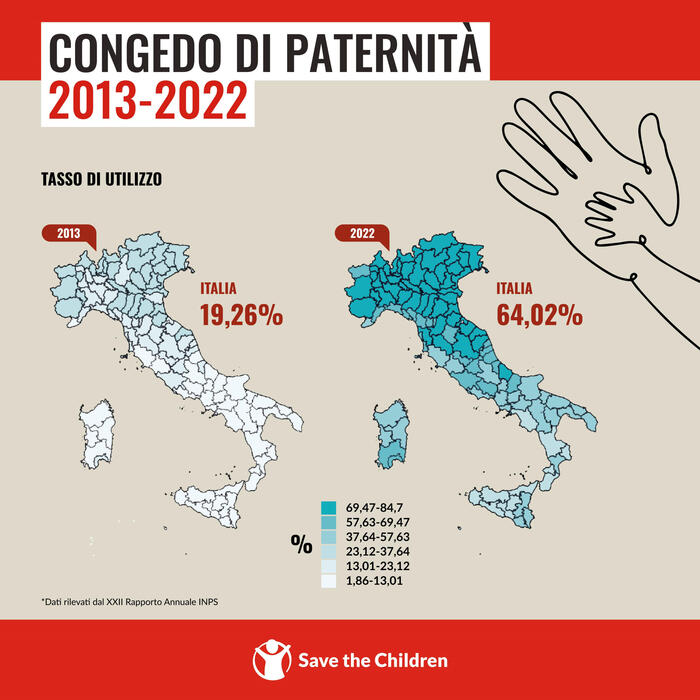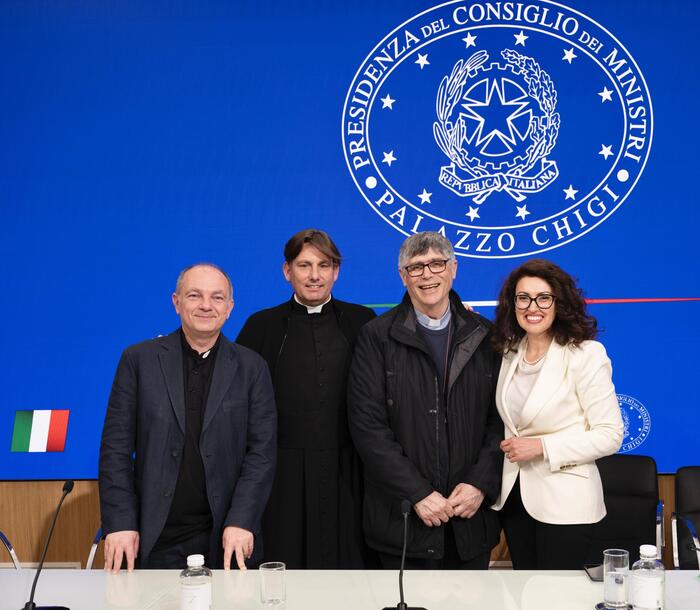In Italy, the economic poverty of families also has a strong impact on the educational paths of children and adolescents.
Indeed, in our country, household spending on education is on average very low and has been decreasing in recent years, especially among the poorest nuclei of the population and in the South. A family with a lower income and residing in the South, for example, they spend an average of 5 euros a month on costs related to their children's education, compared to the 33 spent by a family that lives in the same area but belongs to a richer segment of the population.
The gap in educational consumption among families of different economic conditions widens in the northern regions.
THE DATA
Save the children underlines how the issue of growing educational inequalities is also linked to the increase in inflation in the last two years which has generated an increase in consumer prices especially for food and energy products.
From the data, it is clear that increases in the prices of some goods and services have led to a change in some household expenditure items, indicating an increase in educational inequalities.
For example, in the South, families with lower spending power reduced the share destined for food products (from 33% to 31.5%) and increased that destined for housing costs (from 39.5% to 41.2% %), while the share going to education, which was already the lowest in 2020, decreased further in 2021, from 0,
5% of the total at 0.37%.
Even the least well-off families in the north of the country have reduced the share of spending on education, which has gone from 1.06% of the total to 0.57%.
In the North, on the other hand, the families belonging to the highest quintile have indeed reduced their expenditure on food and increased those on housing and energy consumption, but they have also increased the share of expenditure destined for education.
To combat this phenomenon and ensure that all children and adolescents have the opportunity to learn, the Organization has promoted, thanks to the support of the Italian Buddhist Institute, the "DOTi - Rights and Opportunities for All" project, through which two thousand minors, from 2020 to 2023 they will receive an "educational gift".
The gifts already provided, from October 2020 to December 2022, are 1430 and consist of a personalized support intervention aimed at children and adolescents living in situations of serious socio-economic disadvantage.
Concretely, the educational dowry provides goods or services to minors who are in certified conditions of socio-economic fragility and vulnerability, attested by social services and the school.
Of the more than 1,400 gifts already provided, it emerges that 38,
6% was aimed at ensuring their right to study.
"The DOTi project, carried out thanks to the contribution of the 8Xmille of the Soka Gakkai Italian Buddhist Institute, demonstrates how a personalized investment in the field of education produces concrete effects in reducing the risk of dropping out of school and in promoting the talents of children and adolescents who live in more disadvantaged contexts", underlines Raffaela Milano, Director of Save the Children's Italy-Europe Programs.
"We strongly believe in the value of this project - says Anna Conti, vice president of the Italian Buddhist Institute Soka Gakkai - which enhances the needs and desires of the younger generations and, starting from these, involves".
The implementing partners of the "DOTi" project are:














